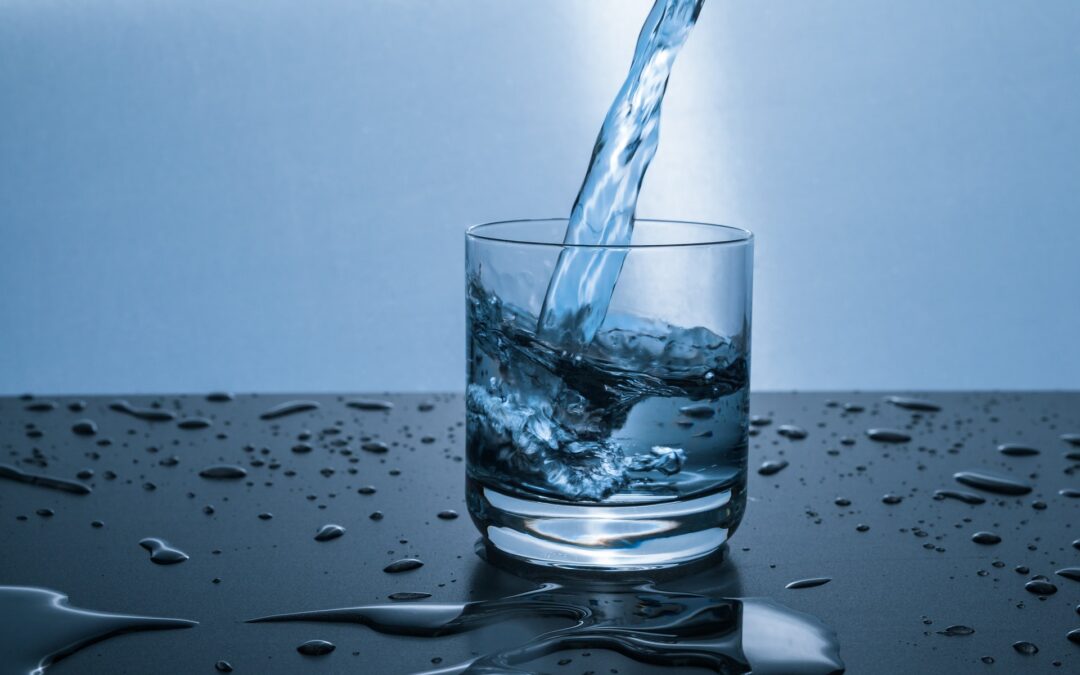We all need clean drinking water free from chemicals, bacteria, pesticides, and other contaminants that can be detrimental to our health. Water filters remove these harmful contaminants, as well as odors, discoloration, sediment, and even bad taste. Water filters vary in type, price, speed, filter lifespan, and capacity.
1. Water Pitcher Filters
These large pitchers with built-in water filters are an affordable way to create safe drinking water from your kitchen tap. Compared to other water filters, they have a somewhat limited capacity, usually between six and ten cups. Some larger ones may hold up to 23 cups of filtered water with a push-button nozzle. The large units are designed to stay in the fridge except to refill.
2. Faucet Filters
As the name suggests, faucet filters screw directly onto your sink faucet. They have a pass-through that allows your water to flow freely when the filter isn’t in use. A simple flip of a switch activates the filter and diverts your water flow through the filter providing clean and safe drinking water. Since the water comes from your main water line, there’s no limit to the amount of water you can filter at one time.
3. Countertop Filters
There are two types of countertop water filters. The first has a large reservoir on the bottom with a filter on the top. It can hold much more water than a pitcher-type filter–up to 2.25 gallons. However, it only provides room-temperature water as it won’t fit in your refrigerator.
The second type of countertop filter hooks into your home’s main water at your kitchen sink and dispenses filtered water through a separate faucet. These filters are compact, requiring very little counter space, but do tend to be expensive. They have an unlimited capacity since they are hooked into your main water, but they may have a slow flow.
4. Under-Sink Filters
This type of filter fits underneath your sink, exactly as the name implies. It hooks directly into your main water line, providing unlimited capacity for filtered water. They generally include their own small faucet that installs next to the main faucet on the countertop. These filters can consist of a single filter, or multiple filters, designed to remove a larger number of contaminants in a multi-stage process. Filters are easily replaceable when they reach the end of their lifespan. Luckily, they tend to have longer lifespans than many of the other types of water filters.
5. Whole House Filters
Whole-house filters are the largest and most expensive type of water filter. At several times the price of most other filters, they’re designed to purify all of your home’s water. To that end, they feature flow rates of 10-15 GPM or higher. These are often multi-stage filtering systems that can remove every major contaminant. Many of these systems are also water softeners that will eliminate water spots. Whole house filters hook into the mainline of your home and should be installed by a professional.
Conclusion
Whether you need a permanent installation or a small portable water filter, the wide variety of filters on the market ens res that you’ll be able to find the type that works best for your family’s needs.


